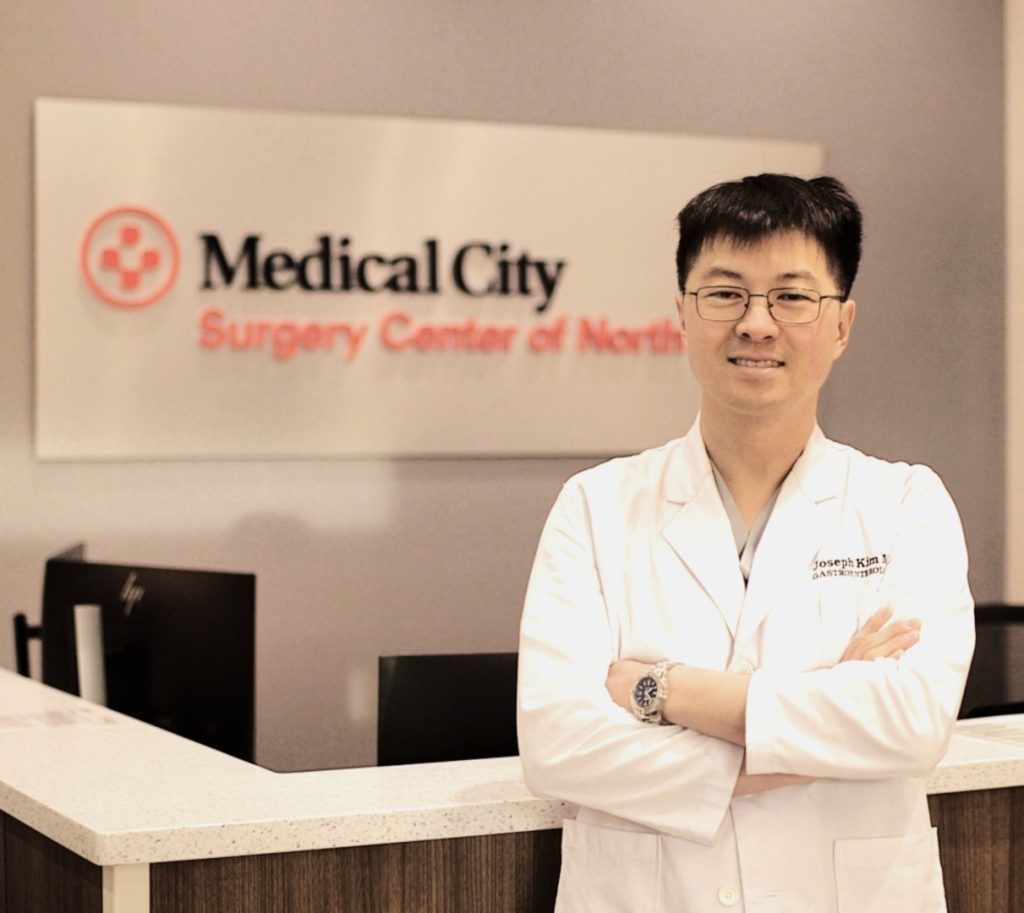Colon cancer screening
Why is colon cancer screening so important?
Colon cancer screening is one of the most successful endeavors in our current times to change someone’s health trajectory. 1:23 men and 1:25 women will develop colon cancer in their lifetime. Imagine sitting in a restaurant and visualizing 23 men or 25 women. One of those people will develop colorectal cancer. Colon cancer is the #2 cause of cancer related deaths in the United States. Sadly, it is totally preventable with the proper colon cancer screening protocols established through years of research. Any given month, I diagnose around 2-4 patients with colon cancer. Every diagnosed patient will regret that he/she did not get the proper colon cancer screening protocol done in a timely manner. Please don’t turn into a statistic. A 30 minute elective, outpatient procedure can prevent you from needing chemotherapy, surgery, and the suffering that comes with the diagnosis of colon cancer.

The classic signs of colon cancer include unintentional weight loss, blood in stool, iron deficiency anemia, changes in bowel habits, abdominal pain and bloating. However, not everyone presents with classic textbook symptoms. From my experience, the majority of patients who present with the above symptoms will have more advanced cancer staging. Colon cancer has been proven to arise from colon polyps which are adenomatous and advanced. Therefore, there are two goals of colon cancer screening: 1. Detecting and localizing colon polyps and 2. Removing the polyp(s).
If you have any of the following exclusion criteria you Do not qualify for
direct colon cancer screening.
You must schedule an office visit at this number 469-800-4500.
Medical City Surgery Center of North Texas
For enhanced colonoscopy precision in the north DFW area, choose the Medical City Surgery Center of North Texas in Anna, TX. We are the only facility in this region to offer GI Genius™, an innovative artificial intelligence software that aids Dr. Kim in identifying more colon polyps. Dr. Kim underwent his own colonoscopy here and personally performed the procedures for his mother and father at this center. Proud to be the second in Texas to acquire this technology (after MD Anderson), this center uniquely provides this advanced detection capability at no extra charge to you.
What are the best options for colon cancer screening?
Pros:
A skilled gastroenterologist performing a colonoscopy should leave no polyps behind, demonstrating the ability to detect, localize, and remove them effectively. This powerful test boasts a high detection rate for large colon polyps, at 95%, along with the capability to remove them.
If a colonoscopy reveals no precancerous polyps and there’s no family history of colon cancer, the next screening can typically be in 10 years. This extended interval highlights the test’s efficacy. Furthermore, colonoscopies are a valuable tool for patients with a family history of colon cancer or a personal history of colon polyps.
Cons:
This is a very minimally invasive procedure, with risks such as bleeding, perforation requiring surgery, and complications with anesthesia. However, these risks are incredibly low. The procedure does require a bowel preparation cleanse the day before and a day off from work for the procedure itself. The success of the procedure is also operator-dependent.
Pros:
Cologuard offers several advantages as a colorectal cancer screening method: it requires no bowel preparation, you don’t need to take a day off from work, and no anesthesia is involved.
Cons:
While Cologuard is effective at detecting existing cancer, its limitations in finding precancerous polyps are a significant concern for prevention. It only detects 42% of large precancerous polyps, significantly less than the 95% detection rate of a colonoscopy.
Cologuard also has a notable 13% false-positive rate, often causing anxiety and frequently leading to a follow-up colonoscopy regardless. Additionally, there’s an 8% false-negative rate, meaning Cologuard can report a ‘normal’ result even when cancer or a precancerous polyp is present. Due to these factors, the FDA requires a repeat Cologuard test every three years even with normal results, whereas a normal colonoscopy allows for a 10-year interval between screenings. It is also important to note that it is NOT FDA approved for patients with family history of colon cancer or personal history of colon polyps.
Colon cancer screening is not a ‘one size fits all’ concept. Every patient is unique. Therefore we discuss the pros and cons of the 2 options to see what is the best fit for each individual patient. For me personally, I have had 2 optical colonoscopy procedures. I also perform my own parents’ and friends’ colonoscopy procedures. I have been a gastroenterologist for 10 years and performed over 18,000 colonoscopy procedures. I find extreme fulfillment knowing that many patients’ lives are thriving without colon cancer lurking around due to colon cancer screening. Because of my additional training in therapeutic endoscopy, when a larger polyp is identified during a colonoscopy, I am able to remove the larger polyps endoscopically without depending on surgical options in the majority of instances.
How to prepare for your colonoscopy
These videos provide a step-by-step guide on how to properly prepare for your colonoscopy depending on the specific prep assigned to you. It covers important aspects such as dietary restrictions, the colonoscopy prep solution, and what to expect before, during, and after the procedure. Clear instructions and helpful visuals will ensure you’re fully informed and ready for your colonoscopy.


frequently asked questions about colon cancer

Book Your Colonoscopy Today
Don’t delay this important step in protecting your health! Colon cancer is a leading cause of cancer-related deaths, but it is preventable with early detection. Dr. Kim’s Direct Access Colonoscopy program makes it easier than ever to schedule your screening. Skip the wait and book your colonoscopy today for peace of mind and a healthier tomorrow.
